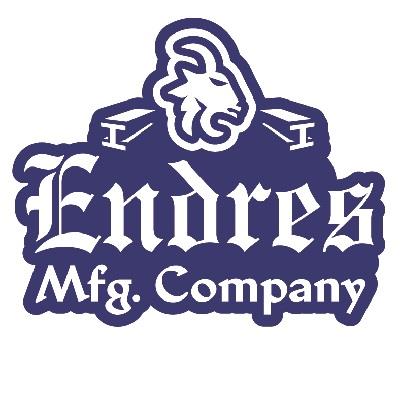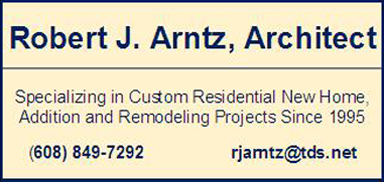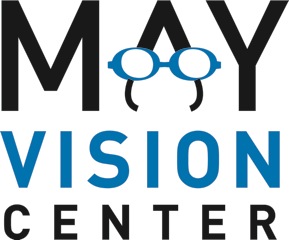Waunakee Rotary Newsletter June 15, 2017
Workplace and personal conflicts with others can take up a great deal of time, but if they’re resolved, they can also lead to greater unity and productivity.
At the June 15 Waunakee Rotary meeting, Tom Miller, Ph.D., talked about conflict in the workplace and how it can be resolved.
Tom is retired from public service and is now an instructor at Madison College. He teaches an evening course called Difficult Conversations with Difficult People that almost always fills, he said.
Managers spend between 25 to 40 percent of their time attempting to resolve workplace conflict, Tom said, and employees spend an average of 2.8 hours a week dealing with it.
Conflict can arise from personal clashes of ideas, values or personalities, competition in the workplace, jealousy, stress, or heavy or unequal workloads. Or they can arise when there are two few employees or too little space or resources to do the job.
Generational conflicts are also common, now that four generations are in the workplace together, and Generation Z is now coming in.
Preventing conflict involves making sure employees talk to one other, understanding what creates conflict, encouraging fee speech and creating a collaborative atmosphere. It’s also important not to place blame when mistakes occur.
Sometimes, conflicts can be desirable. While resolving them, employees can see various sides of a situation and can learn from them.
When conflicts emerge, Tom advised that managers be trusting and be in charge. They can use brainstorming among their staff and use the ideas created, ask insightful questions, and acknowledge feelings and emotions.
“People need their ideas, thoughts and feelings to be validated,” Tom said, adding that doing so increases trust.
Managers can ask what’s going on in such situations and try to understand the feelings among staff. That takes being an active listener, a skill Tom suggested managers practice. Before starting the conversation about a conflict, he advised practicing the words to use and the stance to take.
“By becoming a better listener, you’ll avoid conflict and misunderstandings,” Tom said.
And he said it’s important to let conflicts go. Not all will be resolved.
At the June 15 Waunakee Rotary meeting, Tom Miller, Ph.D., talked about conflict in the workplace and how it can be resolved.
Tom is retired from public service and is now an instructor at Madison College. He teaches an evening course called Difficult Conversations with Difficult People that almost always fills, he said.
Managers spend between 25 to 40 percent of their time attempting to resolve workplace conflict, Tom said, and employees spend an average of 2.8 hours a week dealing with it.
Conflict can arise from personal clashes of ideas, values or personalities, competition in the workplace, jealousy, stress, or heavy or unequal workloads. Or they can arise when there are two few employees or too little space or resources to do the job.
Generational conflicts are also common, now that four generations are in the workplace together, and Generation Z is now coming in.
Preventing conflict involves making sure employees talk to one other, understanding what creates conflict, encouraging fee speech and creating a collaborative atmosphere. It’s also important not to place blame when mistakes occur.
Sometimes, conflicts can be desirable. While resolving them, employees can see various sides of a situation and can learn from them.
When conflicts emerge, Tom advised that managers be trusting and be in charge. They can use brainstorming among their staff and use the ideas created, ask insightful questions, and acknowledge feelings and emotions.
“People need their ideas, thoughts and feelings to be validated,” Tom said, adding that doing so increases trust.
Managers can ask what’s going on in such situations and try to understand the feelings among staff. That takes being an active listener, a skill Tom suggested managers practice. Before starting the conversation about a conflict, he advised practicing the words to use and the stance to take.
“By becoming a better listener, you’ll avoid conflict and misunderstandings,” Tom said.
And he said it’s important to let conflicts go. Not all will be resolved.
Other News:
–The club received a thank you note from Tri 4 Schools. Five hundred and eighty-two young athletes competed in that event.
–The club also presented a check to refurbish Schumacher Farm’s white barn. Jim Ableidinger from the Schumacher Farm Park Friends group said it is the original barn from 1908 with the original siding. This will be restored, and repainted red to match the original color, Jim said.
–The membership committee now has updated brochures for prospective new members, said President Travis Heiser.
–The club received a thank you note from Tri 4 Schools. Five hundred and eighty-two young athletes competed in that event.
–The club also presented a check to refurbish Schumacher Farm’s white barn. Jim Ableidinger from the Schumacher Farm Park Friends group said it is the original barn from 1908 with the original siding. This will be restored, and repainted red to match the original color, Jim said.
–The membership committee now has updated brochures for prospective new members, said President Travis Heiser.
Guests: Ophelia Whitley, guest of Sara Whitley; Jody Pulvermacher, guest of Bob Pulvermacher; Liz Deihs, guest of Allison Feldbruegge.
Visiting Rotarians: Bob Forbess, Madison East; Alana Miel and Adam Creighton, Portland Pearl.
Birthdays: June 22, Jim Ableidinger; June 22, Cindy Patzner; June 28, Sara Whitley.
Anniversaries: June 25, David and Alice Knaack; June 25, Shelley Moffatt and Tom Fendrick
Greeters: June 15, Jonny Buroker and Kathy Cefalu; June 22, Tasha Chambers and Scott Cochems; June 29, John Cullen and Al Dassow.
Interested in being a sponsor?
Download the website sponsorship guide
Download the website sponsorship guide








